Professor Phan Van Truong is one of the leading names in the field of international management and negotiation. Since the 1990s, he has served as a permanent advisor to the Government of the French Republic in the field of global trade. With his outstanding contributions, he was honored to receive the Order of Merit from the President of France in 1990 and the Legion of Honor in 2006. In 2010, he continued to receive the Medal "For the Cause ofEducation " from the President of Vietnam.

With nearly 40 years of international negotiations, Professor Phan Van Truong has had the opportunity to observe and work with many different negotiation cultures, including many Vietnamese. He has drawn out the core principles for success.
6 negotiation secrets and the story of Thang Bom
To negotiate successfully, according to Professor Phan Van Truong, first of all, you must be confident. When you are sent by a company to negotiate, it means they trust your ability. Bring that confidence to the negotiating table.
Second, have a positive attitude. Negotiation is not about winning, it is about creating a future together. It is part of building a new world . If you want a better world, you have to help shape it through every negotiation.

Second, be proactive. Negotiation is part of building a new world, and it is through negotiation that we learn what kind of world we should build. Therefore, we must actively contribute to making that world the kind of world we want.
Third, be careful with your language and gestures. Your partners are here to build with you, so be friendly with them.
Fourth, always stay calm when the negotiation gets stuck. Think of it as a traffic jam – if you use your creativity, you can open up a new path. When you do, you not only find a solution but also leave a positive impression on your counterpart.
Fifth, know exactly what your side wants, so you will never be wrong.
Sixth, you should consider your partner as a side with the same vision of the future world. This contributes to the success of the negotiation.
From his experience working with Vietnamese people, Professor Truong realized that Vietnamese people rarely say what they want directly. Therefore, when they are not satisfied, it is easy to think that the other party does not understand, or even has bad intentions. However, in negotiations, clearly understanding what you want and knowing what the other person wants is the key to win-win.
According to him, the Vietnamese folk song “Thang Bom” is a vivid example of the art of negotiation. In it, the rich man, representing power and wealth, had to “ask for exchange” many valuable items to get a palm leaf fan from Thang Bom, a seemingly naive character but in fact very determined about what he wanted.
“The rich man “asked to exchange three cows and nine buffaloes”. The rich man still had to ask! And I decided to rely on the cultural treasure of the Vietnamese people to give a “reverse” illustration that, since ancient times, the Vietnamese people have had heroes of negotiation. If Bom, during the negotiation with the rich man, did not choke up a bit, then there is no reason why we today would be so shy and choked up. And that is where the book comes from…”, he shared.
Overcoming language barriers
Professor Phan Van Truong's negotiation secrets are not only drawn from his experience in managing billion-dollar deals, but also from his own arduous journey - a young Vietnamese man who was lost in a strange France due to the language barrier.
Professor Phan Van Truong said that he went to France to study as a boarder at the age of 17. Only four years later, he passed the entrance exam to the prestigious French National School of Bridges and Roads. However, at that time, his French ability was very limited – only enough to write articles, but communication was almost impossible.
“I always felt out of place,” he recalls. “During recess, my friends would gather together to tell jokes and have a great time. Even my two Vietnamese brothers born in France joined in, but as soon as they saw me coming, the group would disperse. To them, the French I spoke was a language “from somewhere else.”
It was this feeling of isolation and self-esteem that motivated him to seriously study French. He bought books of jokes, practiced retelling each story in front of the mirror, learned how to roll his tongue and pause like a native speaker. Every weekend, he spent hours memorizing the intonation, vocabulary and expressions in those stories.
Until one day, he told a joke that made his group of friends “laugh out loud”. At that moment, he understood that he had overcome the language barrier and truly integrated. “I learned French through self-study and pride”, he shared.
Later, when he started working, he faced another challenge: English. Although he was a Vietnamese who studied in France, the most used language in international business is English. And there, he found himself in a weak position. “When negotiating with the British, I always felt that they had the upper hand. Not because they were better, but because they used their mother tongue to negotiate,” he shared.
From that difference, he continued to study English systematically, being strict with himself, putting himself under pressure to master the language to regain balance at the negotiating table. Thanks to that, he gradually used English fluently like his mother tongue.
His ability to speak both English and French fluently has helped him lead hundreds of negotiations and sign many international economic contracts with a total value of more than 60 billion USD during his 40-year career.
In 2019, Professor Phan Van Truong founded the Cay Nen ecosystem, a network to share knowledge, experience, and skills for young people through a series of classes, seminars, and digital platforms. No tuition fees, no certificates, only focusing on critical thinking, debate culture, and building a foundation of personality.
“Cay Nen does not teach you how to get rich. It only awakens your inner capital, giving you a solid enough ‘foundation’ to stand up no matter how many times you fall,” he once shared in a workshop in Hanoi.
To date, Cay Nen has organized hundreds of classes, reaching more than 20,000 students nationwide and the Vietnamese community abroad. Professor Truong also regularly maintains the podcast series “Cay Nen Radio”, where he directly answers career questions and life mindsets for the younger generation.
Source: https://khoahocdoisong.vn/giao-su-dam-phan-60-ty-do-tiet-lo-bi-quyet-thanh-cong-post1551769.html




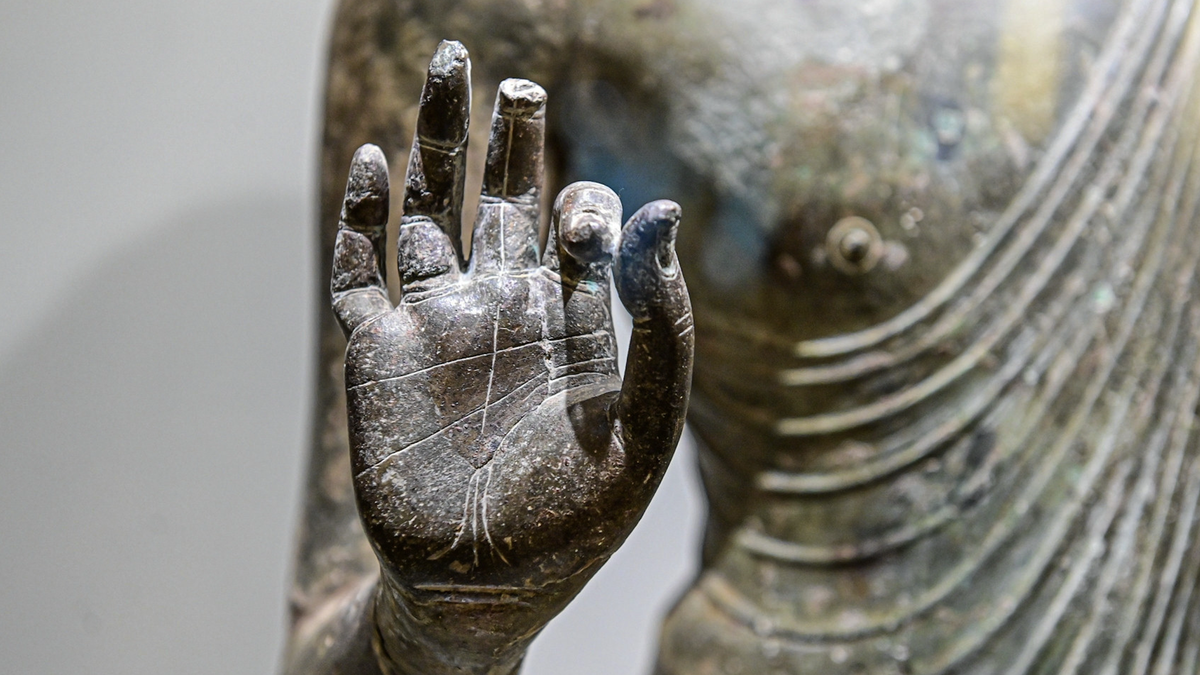
















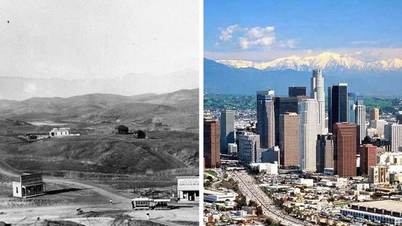




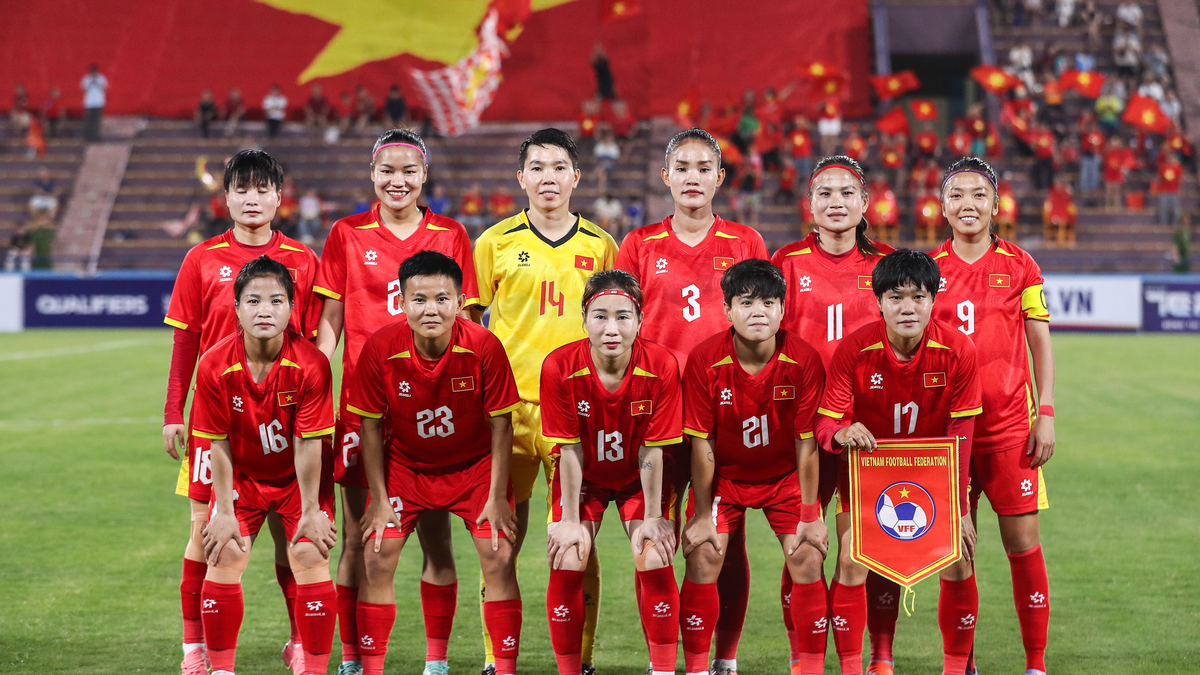










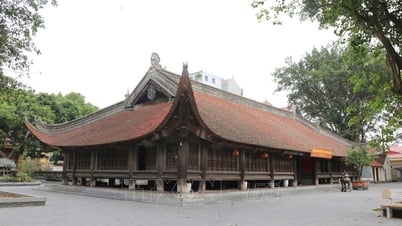



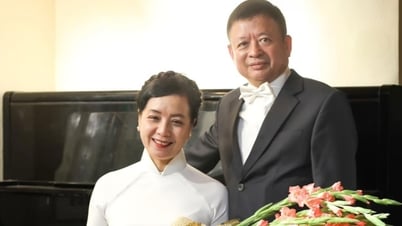

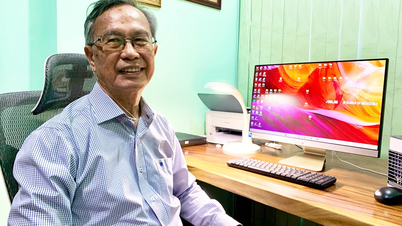
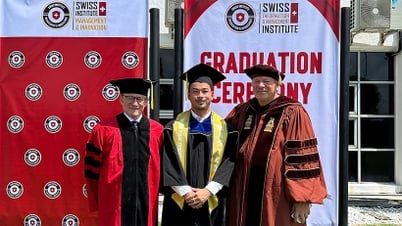





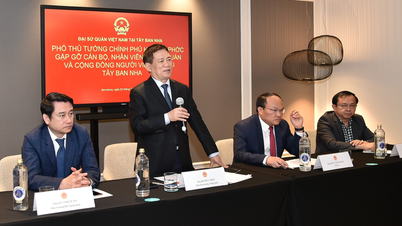



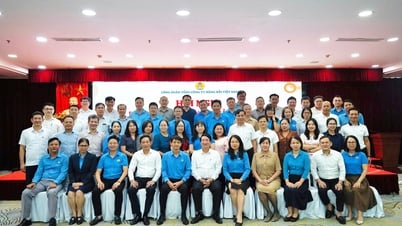
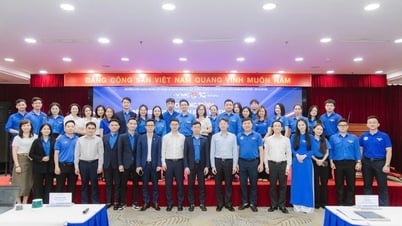

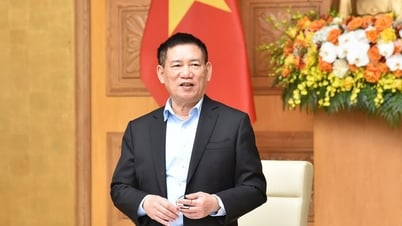
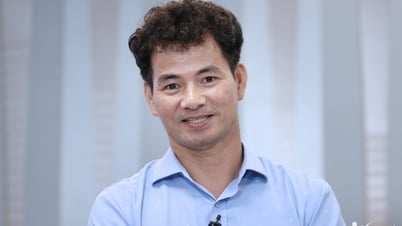
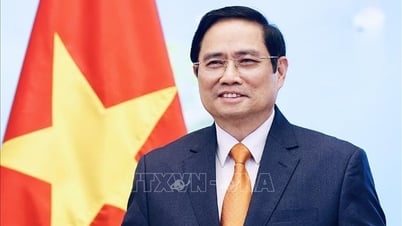
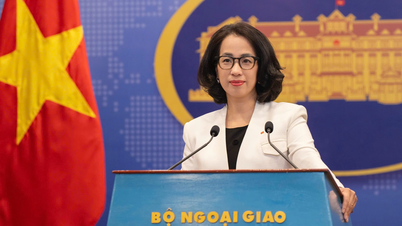

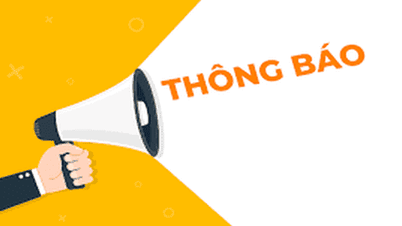



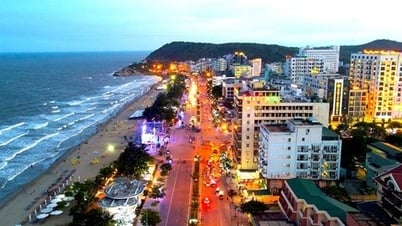



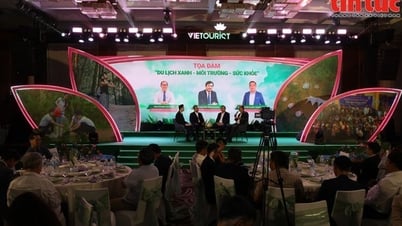






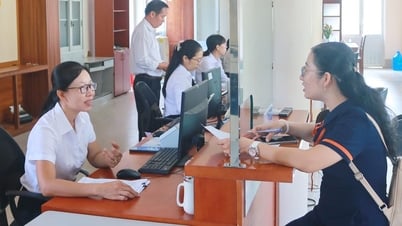







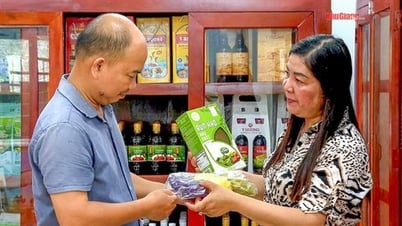









Comment (0)